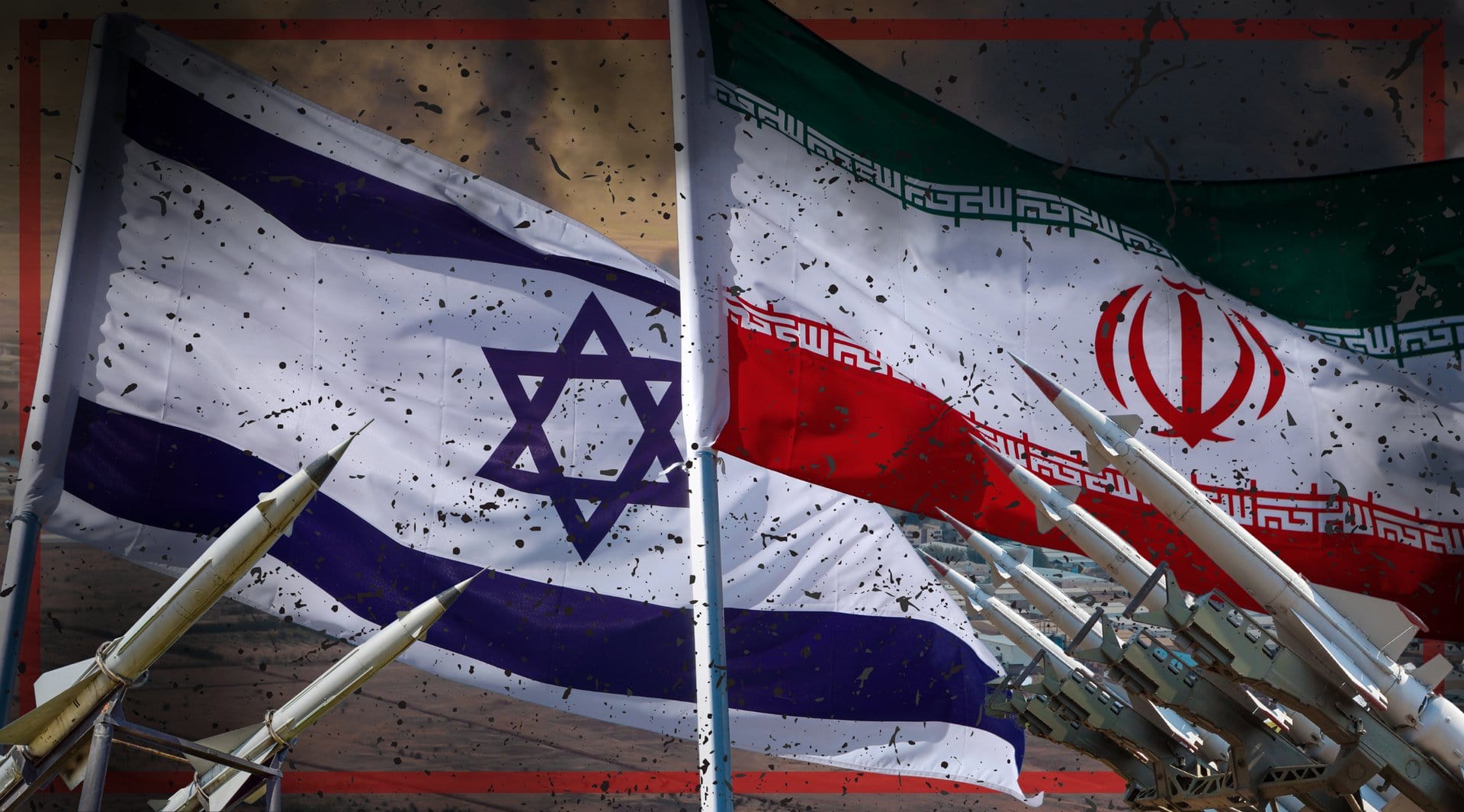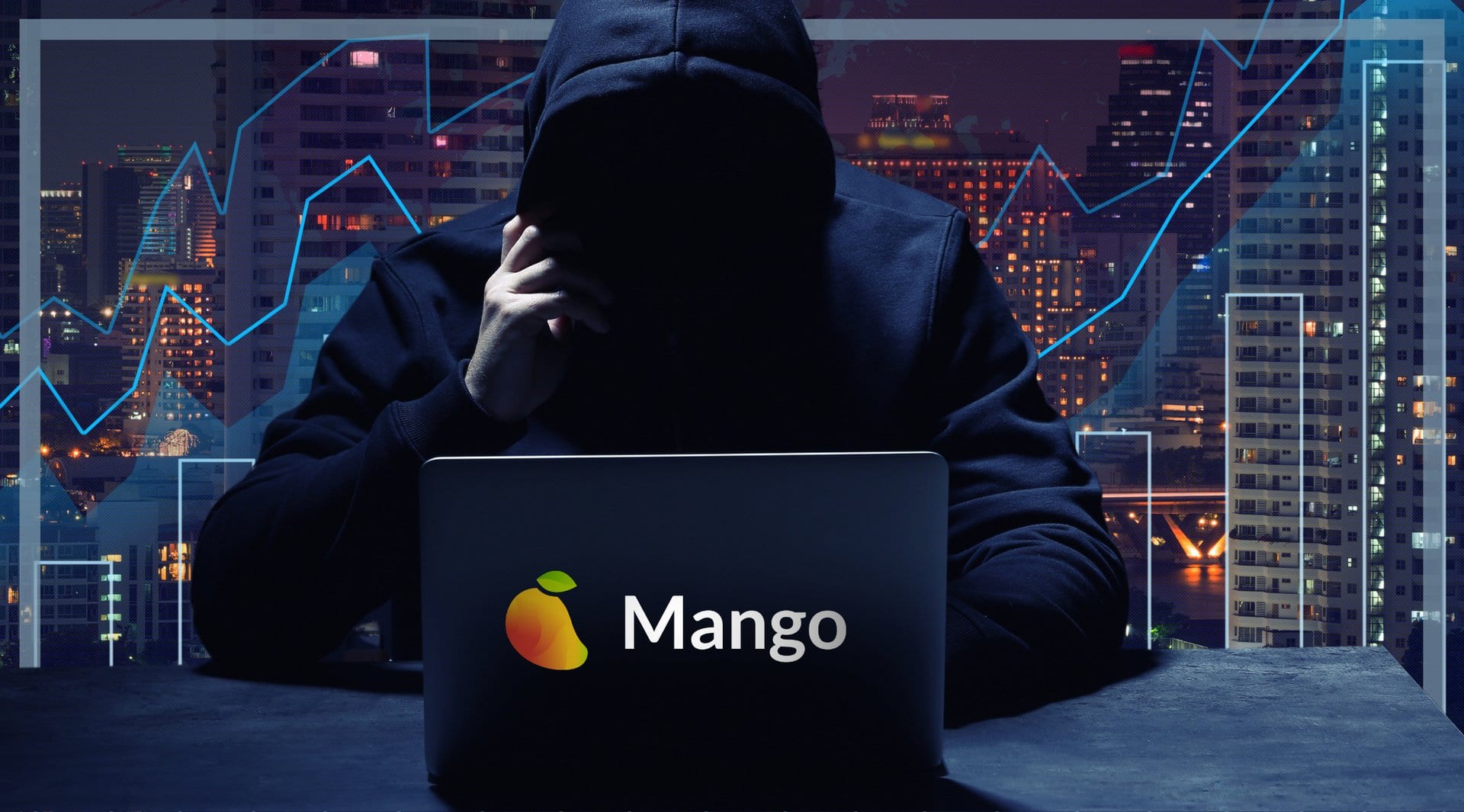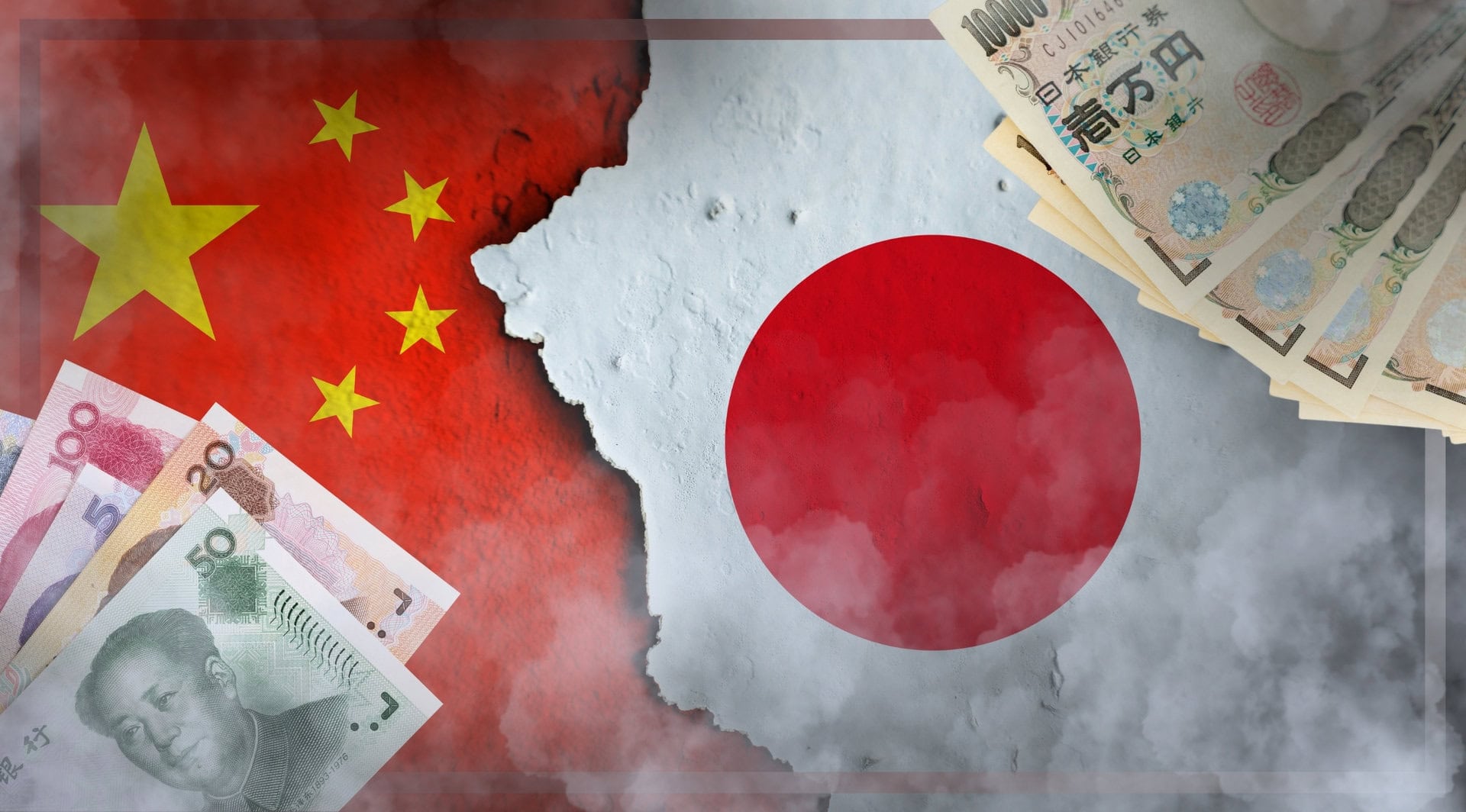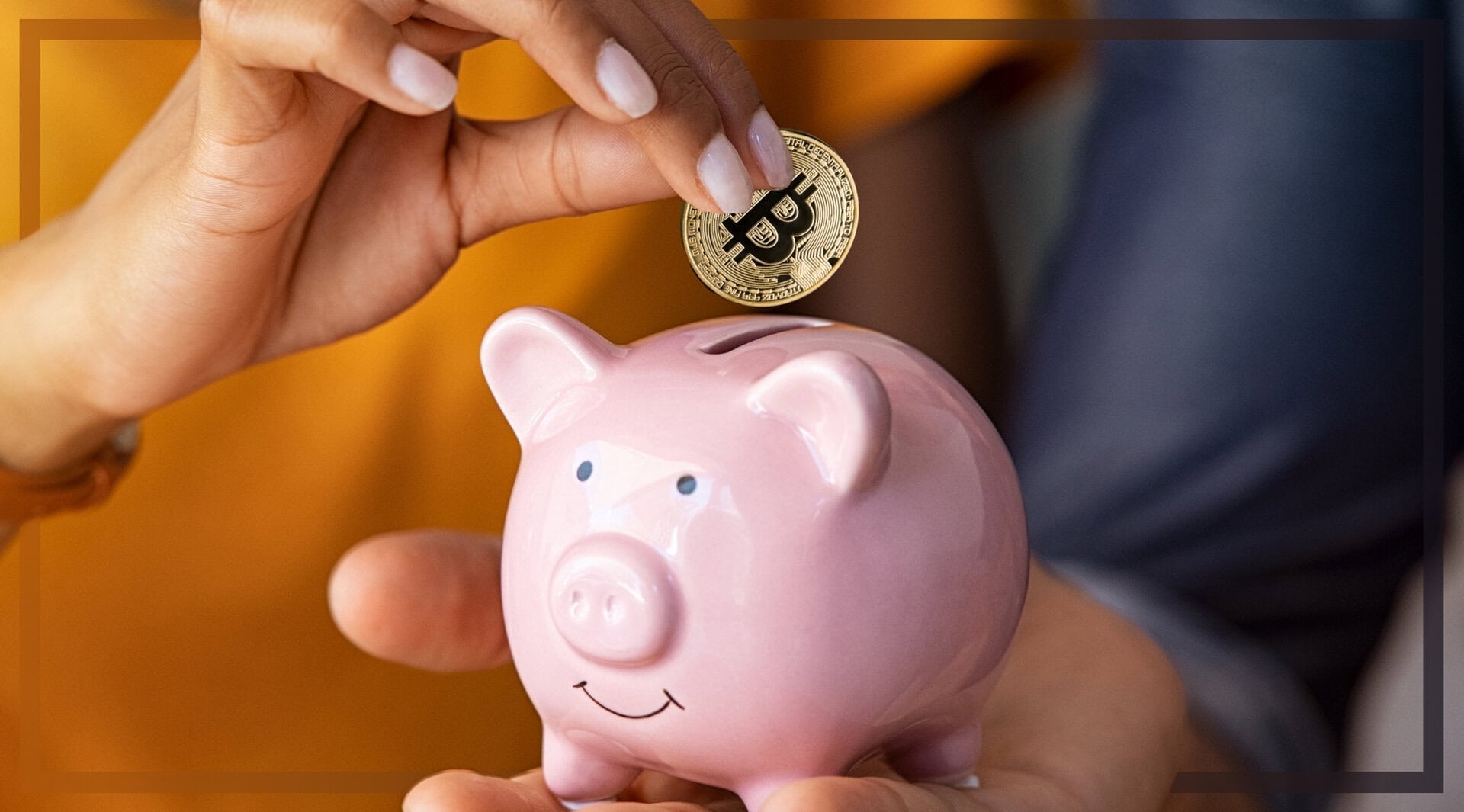At the start of April, Israeli forces bombed the Iranian consulate building in the Syrian capital Damascus. The attack is believed to have killed senior commanders in the Iranian Revolutionary Guard, including Mohammed Reza Zahedi of the Quds Force and his deputy Hadi Haji-Rahimi.
Over the weekend, Iran responded by launching drones and missiles at Israel, the first time Tehran has attacked Israel directly. Many analysts believed that the attack was largely a symbolic attack designed to demonstrate that Tehran would not tolerate what it sees as Israeli escalation. Israel was given plenty of notice that the attack would be happening and was therefore able to deploy its advanced defence systems and avoid any serious damage.
However, Israel has pledged to retaliate again, raising fears on markets that the Middle East could be set for a regional war that would potentially also implicate global players such as the US and Russia.
While there are yet to be any major movements on markets, with traders keen to wait and see what the precise fall-out will look like, it is clear that geopolitical risks are increasing. As a result, the US dollar has had its best run in a year, partly due to “safe haven” demand. Analysts are also raising their predictions for the price of gold, another hedge against risk, with Goldman Sachs raising their forecast from $2,300 to $2,700 by year end.
Gold is set to reach $3,000 an ounce over the next six to 18 months! Goldman Sachs Group Inc. believes the precious metal’s in an “unshakable bull market”. pic.twitter.com/zs0DG8Zhmc
— eddyconnect (@EddyAgana) April 16, 2024
Israeli markets have in fact strengthened since the Iran attack, with traders confident (for now) that the conflict will not escalate to all-out war between Jerusalem and Tehran. The Israeli Shekel was the best performing major currency at the start of the week, advancing by more than 1% against the dollar on Monday. The Tel Aviv Stock Exchange saw minor losses at the start of this week’s trading, but is still up more than 10% in the last six months.
Aaron Katsman, President and CEO at Lighthouse Capital, an investment advisory firm in Jerusalem, told Disruption Banking that the market reaction to the Iran attack was “very muted.”
“As long as the conflict is contained, I think this is going to be very much a non-event as far as Israeli markets and the shekel is concerned,” Katsman said.
Israel’s currency strengthens as traders weigh efforts by global leaders to avert a wider Middle East war following a direct attack by Iran https://t.co/xF3OnxtJwy
— Bloomberg Middle East (@middleeast) April 15, 2024
Katsman also argued that the war, from an economic standpoint, will ultimately prove to beneficial to Israeli markets, especially given the Israeli economy was on a strong footing prior to the outbreak of hostilities.
“The Israeli economy is very strong – there is data coming out that shows the real estate market is already picking up, for example. Year-on-year numbers are very strong for new home sales. The biggest boost is that with the war, comes new technology. We have seen that defence stocks are surging because of this; a lot of traders want exposure to Israeli defence and security-related stocks.”
He further added that the war could end up being a boon for Israel’s high-tech industry and that, upon the war’s conclusion, Israel could see a wave of foreign investment into tech start-ups. “Generally, when Israel is forced into these military conflicts, a lot of the military technology that is developed ends up with consumer applications,” Katsman said.
“I would look for the next wave of Israeli high tech that is going to come out of this. We’re going to have a whole new generation of start-ups emerging, who will encourage a surge of investment into Israel. Foreign investors will be keen to benefit from the technological advancement that is coming out of these conflicts with Hamas, Hezbollah, and now Iran.”
The war against Hamas has demonstrated that the foundation of Israel’s military might be the unparalleled collaboration between its military and its technology companies, Anchal Vohra writes. https://t.co/dLUUKhanS1
— Foreign Policy (@ForeignPolicy) December 22, 2023
There are clearly risks involved with trading Israeli assets at time of heightened geopolitical tension and military conflict. However, Katsman is bullish that “the markets should be just fine” and is confident that the “long-term results” for the Israeli economy of the current situation will be “fantastic.”
“Interest rates are going to drop here at some point, and there is such pent-up demand on the real estate and consumer side. We’re fighting a war, which means you have hundreds of thousands of people who haven’t really been working. At some point thy are going to be sent back home and start buying again – there will be pent-up demand which will need to be met.”
“Overall I am very optimistic.”
Author: Harry Clynch
#Israel #Iran #Gaza #IsraeliShekel #TASE #MiddleEast















